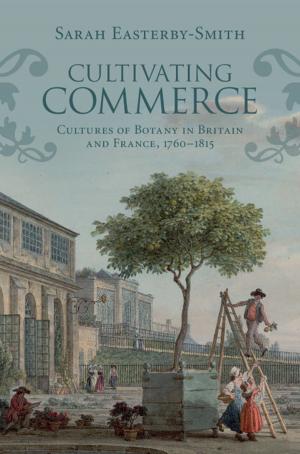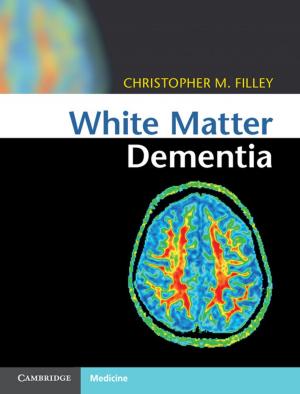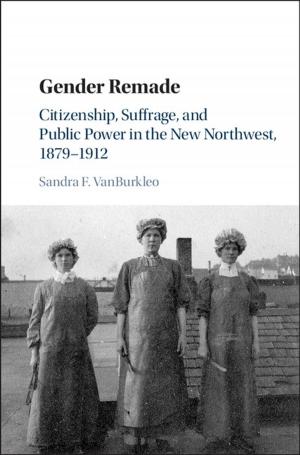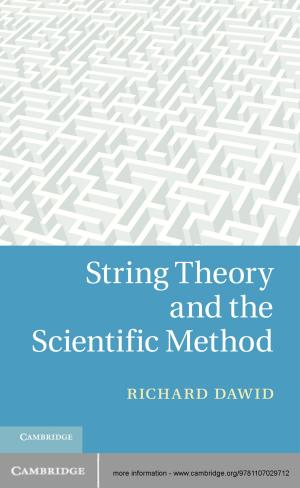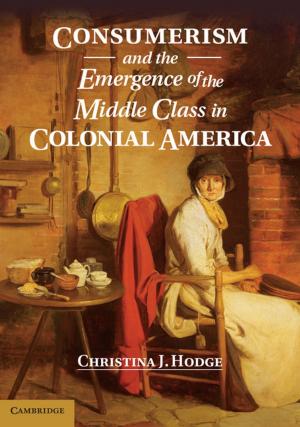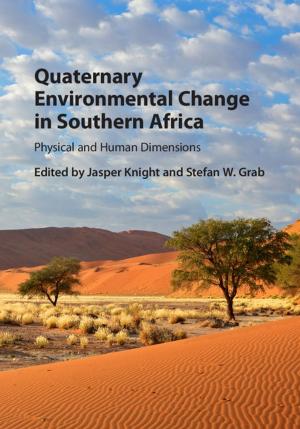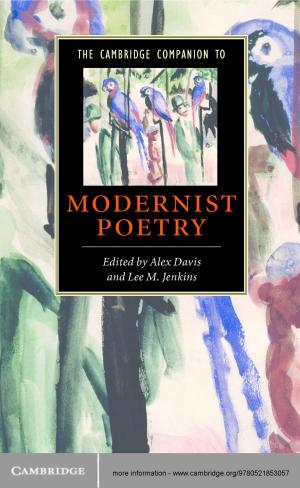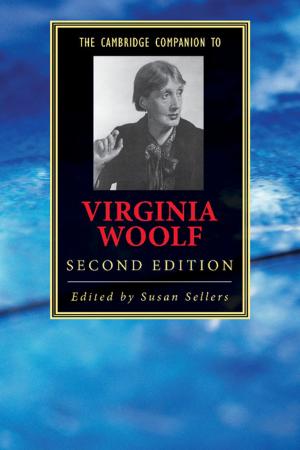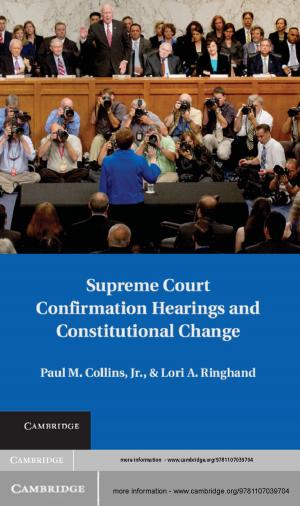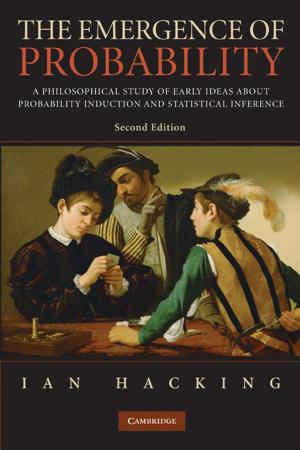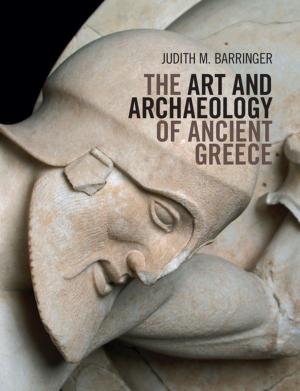The Cambridge Companion to Postcolonial Poetry
Fiction & Literature, Poetry, Literary Theory & Criticism| Author: | ISBN: | 9781108228152 | |
| Publisher: | Cambridge University Press | Publication: | February 27, 2017 |
| Imprint: | Cambridge University Press | Language: | English |
| Author: | |
| ISBN: | 9781108228152 |
| Publisher: | Cambridge University Press |
| Publication: | February 27, 2017 |
| Imprint: | Cambridge University Press |
| Language: | English |
The Cambridge Companion to Postcolonial Poetry is the first collection of essays to explore postcolonial poetry through regional, historical, political, formal, textual, gender, and comparative approaches. The essays encompass a broad range of English-speakers from the Caribbean, Africa, South Asia, and the Pacific Islands; the former settler colonies, such as Canada, Australia, and New Zealand, especially non-Europeans; Ireland, Britain's oldest colony; and postcolonial Britain itself, particularly black and Asian immigrants and their descendants. The comparative essays analyze poetry from across the postcolonial anglophone world in relation to postcolonialism and modernism, fixed and free forms, experimentation, oral performance and creole languages, protest poetry, the poetic mapping of urban and rural spaces, poetic embodiments of sexuality and gender, poetry and publishing history, and poetry's response to, and reimagining of, globalization. Strengthening the place of poetry in postcolonial studies, this Companion also contributes to the globalization of poetry studies.
The Cambridge Companion to Postcolonial Poetry is the first collection of essays to explore postcolonial poetry through regional, historical, political, formal, textual, gender, and comparative approaches. The essays encompass a broad range of English-speakers from the Caribbean, Africa, South Asia, and the Pacific Islands; the former settler colonies, such as Canada, Australia, and New Zealand, especially non-Europeans; Ireland, Britain's oldest colony; and postcolonial Britain itself, particularly black and Asian immigrants and their descendants. The comparative essays analyze poetry from across the postcolonial anglophone world in relation to postcolonialism and modernism, fixed and free forms, experimentation, oral performance and creole languages, protest poetry, the poetic mapping of urban and rural spaces, poetic embodiments of sexuality and gender, poetry and publishing history, and poetry's response to, and reimagining of, globalization. Strengthening the place of poetry in postcolonial studies, this Companion also contributes to the globalization of poetry studies.


